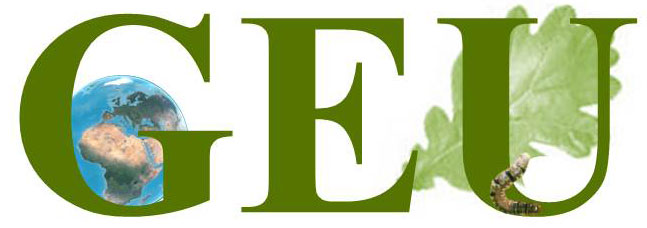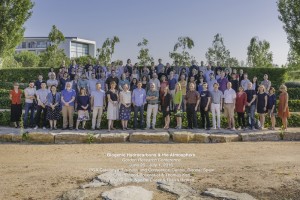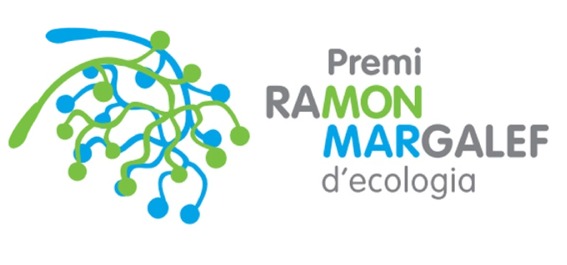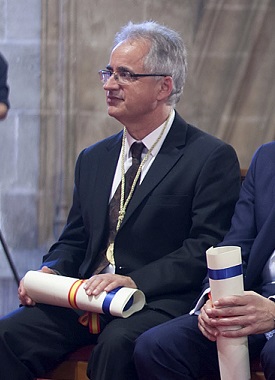The Global Ecology Unit is considered a Consolidated Research Group by Generalitat de Catalunya that studies the global, climatic and anthropogenic local change effects on terrestrial ecosystems.
The more outstanding activities of the group deal with the studies of the effects of global change on the structure and functioning of the ecosystems and the biosphere, atmospheric pollution, biogenic Volatile Organic Compounds emissions, remote sensing, plant ecophysiology, functioning and structure of terrestrial plants and ecosystems, chemical ecology and metabolomics, macroecology and biogeochemistry
The activity of living beings modifies the structure and chemical composition of their surroundings. In some cases, organisms act as filters of toxicity of some substances, and their study allows us to evaluate the capacity of the ecosystem for absorbing contaminants which we create with multiple human activities.






